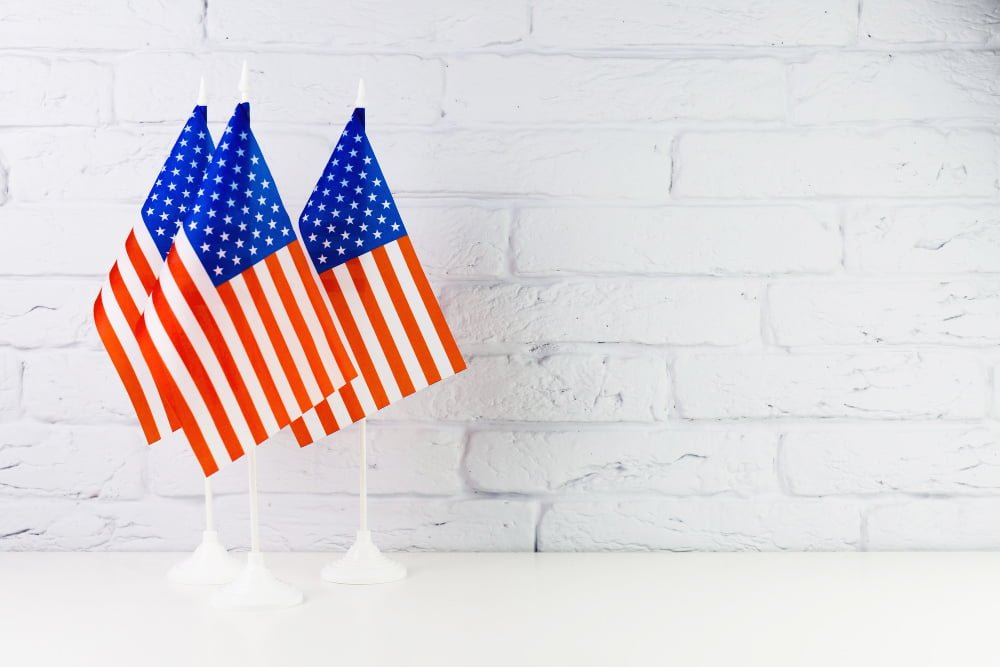Independence Day, celebrated annually on the 4th of July, holds immense significance for the United States of America. It commemorates the country’s freedom from British rule and the birth of a new nation. In this article, we delve into the history of Independence Day, exploring its origins, traditions, and the profound meaning it holds for Americans.
The Birth of a Nation
On July 4, 1776, the Continental Congress adopted the Declaration of Independence, a document written by Thomas Jefferson that declared the thirteen American colonies free from British control. This momentous declaration marked the beginning of a long and arduous journey towards independence.
The Revolutionary War
Following the Declaration of Independence, the Revolutionary War erupted between the American colonies and Great Britain. The war lasted for several years, with the colonists fighting for their freedom and the establishment of a sovereign nation. The war was characterized by countless battles, sacrifices, and the unwavering determination of the American people.
Birth of Independence Day
As the Revolutionary War drew to a close, America’s Founding Fathers recognized the need to commemorate the nation’s newfound freedom. On July 4, 1777, the first anniversary of the Declaration of Independence, the citizens of Philadelphia celebrated with parades, concerts, bonfires, and fireworks. This marked the birth of what would become known as Independence Day.

Traditions and Celebrations on Independence Day
Independence Day quickly became a cherished annual event, celebrated with a variety of traditions that have evolved over time. One of the most iconic traditions is the fireworks display, representing the rockets and cannons used during the Revolutionary War. Fireworks illuminate the night sky, filling it with dazzling colors and symbolizing the triumph of freedom.
Parades have also become an integral part of Independence Day celebrations. These processions showcase American pride, with participants donning patriotic attire and marching to the rhythm of patriotic music. Parades often feature military displays, historic reenactments, and floats adorned with symbols of American heritage.
Families and friends gather for barbecues and picnics, enjoying classic American dishes such as hamburgers, hot dogs, and apple pie. These festive gatherings foster a sense of community and camaraderie, as Americans come together to celebrate the values and freedoms that the nation stands for.
Reflection and Gratitude
Independence Day is not only a time for celebration but also for reflection. It serves as a reminder of the sacrifices made by the early patriots who fought for liberty and justice. It is a day to honor and express gratitude to those who have served in the armed forces, protecting the nation’s freedom throughout history.
Independence Day: A Time for Unity
Independence Day unites Americans from all walks of life, transcending differences and fostering a sense of national pride. It serves as a reminder that, despite challenges and divisions, the American people are bound together by a shared history and a collective spirit of freedom.
Grocery stores will be open on July 4th with their regular operating hours, unless there are any exceptions listed below.
- ACME
- Albertsons
- Food Lion
- Fresco y Más
- Harveys Supermarket
- Jewel-Osco
- Meijer: From 6 a.m. to midnight
- Ralphs
- Safeway
- Shaw’s
- Sprouts Farmers Market
- Tom Thumb
- Trader Joe’s: Open until 5 p.m.
- Vons
- Winn-Dixie: In-store pharmacies will close at 4 p.m.
In Conclusion
Independence Day is a cherished holiday that holds deep historical significance for the United States. It marks the birth of a nation founded on the principles of liberty, equality, and justice. As Americans gather each year to celebrate, they not only pay homage to their forefathers but also reaffirm their commitment to the enduring values that define the United States of America.
Also Read: Canada Day: Exciting Events in Grey Bruce
Discover more from NoseyPepper
Subscribe to get the latest posts sent to your email.










Recent Comments